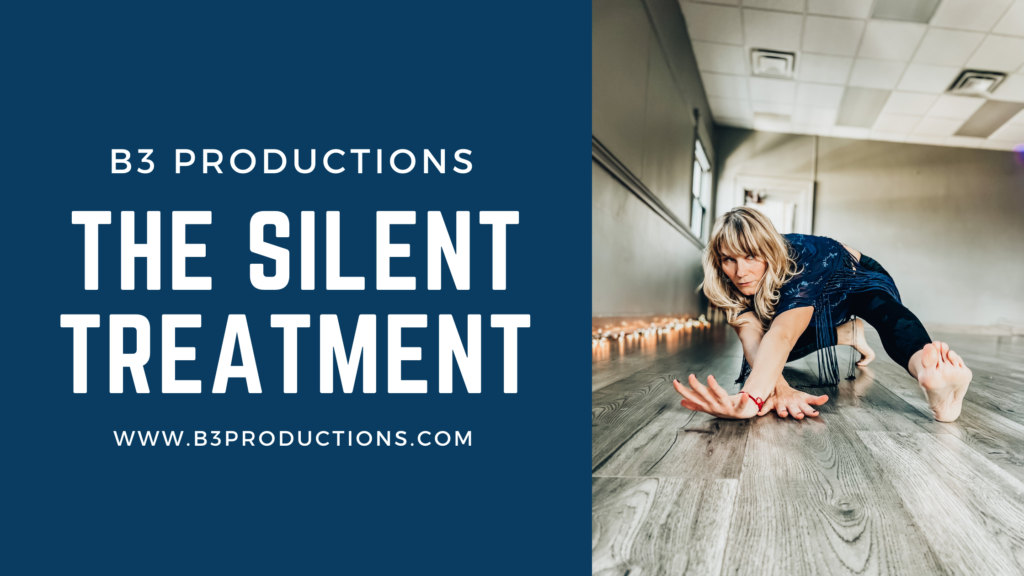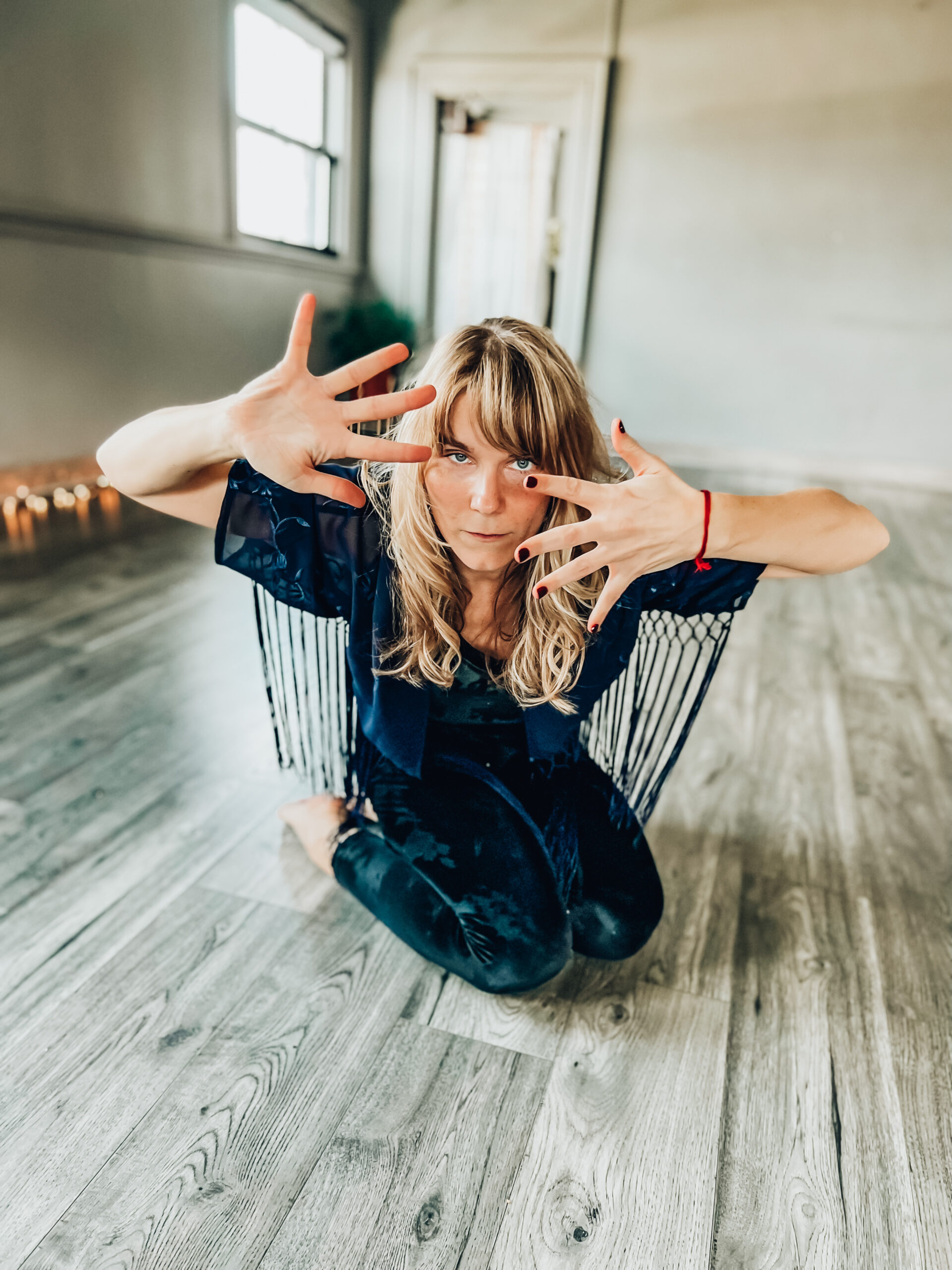
My Addiction to Rejection
So here is a power-play that we are all familiar with. We decided that it is “good for our health” to distance ourselves from a person and become totally quiet. The silent treatment goes by many names including shunning, social isolation, stonewalling, and ghosting. Although psychologists have nuanced definitions for each term, they are all essentially forms of ostracism. This tactic is nothing new.
We remove a person from our lives in the significant ways we know how to and feel empowered by taking a stand. However, there is no productive process in place. There is no conversation to deepen the understanding of pain and hurt. We ignore the thread of humanity and the deeper issues that lie between us regarding connection and authentic communication.


Why do People use the Silent Treatment?
“People use the silent treatment because they can get away with it without looking abusive to others,” Kipling Williams, a psychology professor at Perdue University who has studied the effects of social ostracism for over 35 years explained, “and because it’s highly effective in making the targeted individual feel bad.”
Kipling williams
Although we might use the silent treatment in many different scenarios, this is what every scenario has in common. Ultimately, you are left with fragments of a busted relationship that will find their way into your next connection. You carry this with you, regardless of how much individual processing you do. Healing happens in relationships when turbulence occurs.
On the Recieving End
Recently, I have been on the receiving end of this behavior and have had to sit with the feelings of rejection and exclusion that come from unresolved issues. Mind you, this refection is not meant to include instances of physical abuse or aggressive behaviors that take the form of mental abuse. In many instances, this distance and silence can be absolutely necessary.
I am reflecting specifically on “the silent treatment” as a way to bypass resolution and ultimately, emotionally abusing the other person in the relationship. This behavior is especially controlling because it deprives both sides of weighing in. The voice of pain is being ignored. This is about our inability to respect relatedness and resolve issues in a healthy way and it is rampant in our cultural encounters.


The Honorable Death of our Relationships
I am not saying that you must commit to being intimate friends with an individual after a huge rupture occurs in the connection. What I am investigating is how we can treat relationships with care and kindness and treat each other with dignity when issues arise. If a relationship must end, allow an honorable death to occur.
Our refusal to consistently create good endings lends to shitty new beginnings.
The life-death-life cycle is a natural process that we as a culture must begin to become comfortable with. A great way to start embodying this cycle is by creating opportunities for honorable closure to occur in relationship cycles. Maybe as we practice honorable deaths, we as a culture will become more consciously adept at navigating some of the larger issues of change, grief, and loss that pervade our lives.
Say Goodbye to the Silent Treatment
We are all deeply flawed. We all mess up from time to time. At some point, we all have been hurt and have hurt another. Healing this cycle of hurt by committing ourselves to the peaceful resolution of a good ending is exactly what this world needs. When we practice these honorable deaths within our own processes, it fundamentally shifts the landscape around us.
Maybe if we begin to practice letting go in a truly loving, mature way we can come to terms with the fact that “the silent treatment” is no honorable way to end a cycle of connection. Regardless of what meme told you it was okay, it’s not. We can begin to create healthier and better beginnings for all areas of our life.


The Silent Treatment as a Form of Abandonment
I get it, sometimes people find it easier to just leave. My father abandoned me at age 4. My entire life I was given the silent treatment by a person that I deeply loved.
For some time now, I have been addicted to repeating this pattern of relatedness in my friendships. Again and again, I land in situations where I am required to constantly pursue and maintain the friendship dynamic. Rejection and dismissal are my addictions and I have been unconsciously inviting them into my relationship cycles.
Unlocking these patterns and freeing myself of pursuing phantom relationships has proven paramount to my well-being throughout the pandemic. I take accountability and understand it is MY work to learn how to tap in and identify these unhealthy choices and at the same time engage in the practice of honorable endings. It is possible for us to do both without incinerating another human being’s heart and causing more hurt. More hurt is the last thing this world needs. We must stop these cycles within our own lives if we expect to create change externally in the world that surrounds us.


A Call to Action
My methods of tapping deeper into life-death-life cycle work integrate somatics, breathwork, and art-making. These themes weave into embodiment coaching and classes that I offer. Did any of this resonate with you? If you are interested in cultivating honorable cycle work in your life, please reach out to set up an introductory call with me. We can explore what class offerings and one-to-one options may look like for you.
